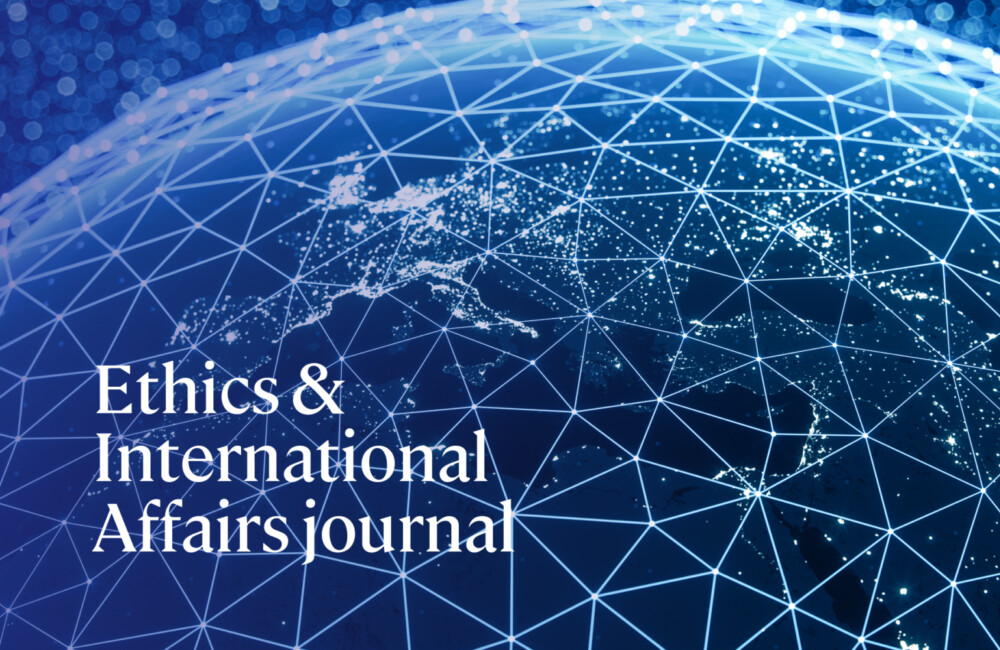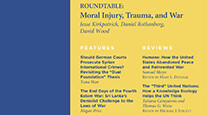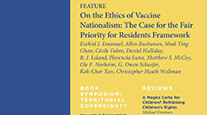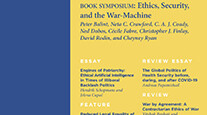If there was any doubt that international affairs must be understood as more than the relations among sovereign states, that doubt was erased one year ago. The terror attacks of September 2001 have riveted our attention on a nonstate actor, the al-Qaeda network. While there is debate over just how powerful this network is-especially after the launch of a massive, multifaceted campaign to destroy it-there is little disagreement about al-Qaeda's demonstrated capacity to disrupt the lives of millions worldwide. As of this writing the campaign continues, and the war on terrorism remains the central organizing principle of American foreign policy.
The coalition of states fighting international terrorism is doing what states normally do-assigning responsibility to sister states to handle threats within their respective borders. When those states are unable or unwilling to respond, as was the Taliban government in Afghanistan, the United States and its allies have shown a willingness to take matters into their own hands. The current war on terrorism is the most dramatic and plainly visible example of an unmistakable trend: states struggling to contain, control, or defeat the growing power of nonstate actors.
Everywhere we look we can see the power and influence of nonstate actors. Security challenges are coming not only from paramilitary and terrorist organizations like al-Qaeda, but also from organized crime networks trafficking in commodities ranging from human bodies and labor to drugs. Economic and social challenges are flooding the rarefied spheres of international business and finance. As we saw from news stories this past summer highlighting faulty and corrupt accounting practices, states can only respond reactively, after the fact, when global businesses cause global markets to boom and bust. States continue to act unilaterally and regionally to stabilize markets and harness the power of the dynamic world economy. They also continue to invest prestige and resources in international organizations for the same purpose.
As the presence of thousands of demonstrators in the streets attests, the World Trade Organization and the International Monetary Fund are nonstate actors created by states whose power is, for good or for ill, a fact of economic life. The activists of Seattle and Genoa also remind us of the comparatively small but influential presence of nongovernmental organizations (NGOs)-principally, advocacy groups, philanthropies, and educational organizations. These have been instrumental in pushing states into action while pursuing their own agendas for global social justice on issues like poverty relief, health-care reform, environmental protection, and human rights.
The persistent strength of nonstate actors in world politics makes it necessary to rethink or at least elaborate on the state- centered model of international affairs. If ethics is about choice and responsibility, then who or what entity should be the target of our analysis? While we can still benefit by looking at states and how they respond to the challenges of nonstate power, surely there is much to be gained by looking at the behavior of nonstate actors themselves. How do these actors operate? How are their decisions made and by whom? What standards and criteria are used? How are benefits and burdens distributed?
What we find is that just as states act largely according to customary norms or "rules of the game," so too do our various nonstate actors. Businesses operate within the social arrangements presented to them by market rules, regulations, and tax structures-arrangements they help to create and perpetuate. Similarly, international organizations and NGOs operate in accordance with guidelines to respond to perceived social needs that are established upon their founding. Decisions are always made in a social context, so we must investigate broadly as well as narrowly. In the articles that follow, you will see that we focus not only on lone decisions by single actors or entities, but also on the contexts in which decisions are made. What incentives and disincentives are present? Do we live with social arrangements that promote decisions widely considered to be "right" within narrow contexts, but that seem less desirable when considered in broader terms? If so, what changes to our fundamental social arrangements might put us on the road to achieving more peaceful and just societies?
With this issue of Ethics & International Affairs we continue to experiment with format innovations. Our Roundtable, Debate, and Reviews sections are meant to encourage both your response and your participation in future issues. Let us hear from you.



